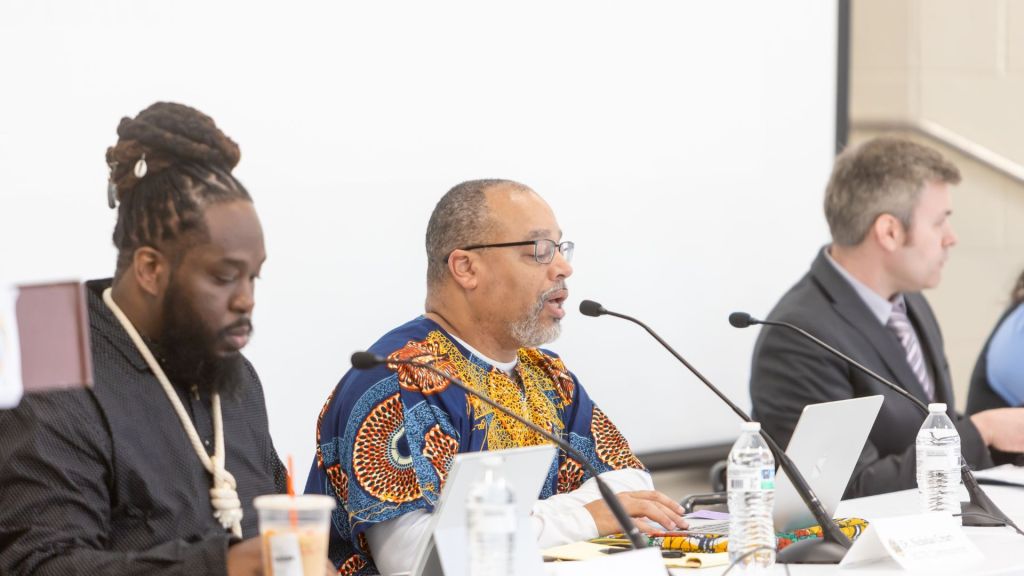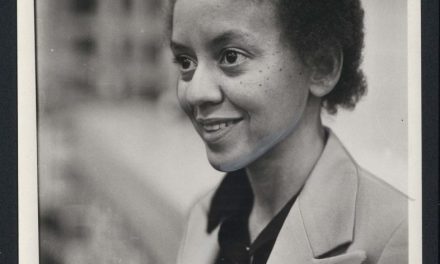By Megan Sayles
AFRO Staff Writer
msayles@afro.com
The Maryland Lynching Truth and Reconciliation Commission (MLTRC) is set to host a two-day public hearing in Baltimore on April 4 and 5 to assess institutional accountability and legal redress for the legacy of racial terror lynchings in the state. Across Maryland, 38 Black citizens were lynched between 1854 and 1933. No one was ever held responsible for the brutal killings.

Credit: Photo by Mary Kate McKenna Photography
The April hearing will be the MLTRC’s last before submitting a final report with recommendations for reparations before the end of 2025. It will be streamed live on the MLTRC’s website and held in person at the Reginald F. Lewis Museum of Maryland African American History and Culture.
“The way I see it, our previous hearings that were taking place in the counties were focused on the ‘truth’ side of our commission, and the hearing coming up is focused on the ‘reconciliation’ side,” said Michelle Coles, one of the 18 commissioners of the MLTRC. “We have assembled an amazing group of experts and community advocates to help us formulate what the vision of reconciliation should look like.”
The public hearing will feature several panels led by expert witnesses, legal professionals, scholars and community activists across the two days. They will examine avenues for criminal justice reform, the role of news media in covering the legacy of lynching, the trauma engendered by historical lynching and ways to repair the harm done by the state.
The case for reparations has been a controversial debate across the U.S. Some of the criticism stems from whether current generations should bear responsibility for actions carried out by people of the past.
Nicholas Creary, chair of the reconciliation committee for the MLTRC, pointed out that there is no statute of limitations on homicides in Maryland.
“This is not dredging up the past,” said Creary. “It’s an opportunity to provide some kind of closure.”
From his perspective, the 38 victims of racial terror lynchings in Maryland represent open murder cases in the state.

Credit: Photo by Mary Kate McKenna Photography
“This is about trying to achieve some measure of accountability for these families and communities and, more broadly, looking at the long sweep of racial injustice,” said Creary. “I know it’s not in vogue to talk about these things these days, but that doesn’t change or obviate the impact and necessity to reckon with this history.”
Though it may appear that the MLTRC is simply investigating the past, its work is also relevant to the present and future. As Coles put it, those who do not learn from history are doomed to repeat it.
“We’re at an inflection point in our nation’s history where so many of the incidents of the past that we’ve swept under the rug for so long are resurfacing. We are seeing manifestations again in our present,” said Coles. “For people who truly do want to move forward, it’s absolutely necessary to examine where we fell short of our country’s ideals.”
Those who are interested in attending the MLTRC’s public hearing on April 4 and 5 should register here.
The post Maryland Lynching Truth and Reconciliation Commission prepares for final public hearing in Baltimore appeared first on AFRO American Newspapers.











